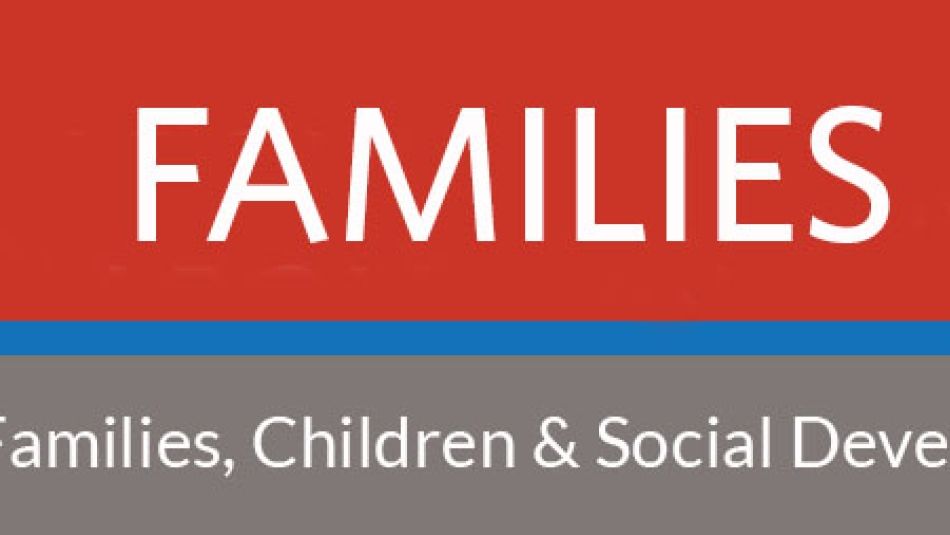
Unifor represents more than 310,000 members including over 100,000 working women and almost 40,000 active retiree members. Our members work in all economic sectors and are connected to their communities across the country. Unifor advocates for and defends the economic and social rights of working people so that all Canadians can achieve economic and social security, and live with dignity.
Unifor priorities
Unifor works with employers, organizations and movements to develop strong social programs, efficiently deliver high quality services and ensure a healthy economy. This includes advocating for a national child care program, improvements in seniors benefits and programs, and legislative changes that help families balance their work and family responsibilities. Unifor also aims to improve the lives of working families at the bargaining table, by negotiating for provisions around child care, parental leave and retirement benefits, among others.
Specific issues and recommendations
Child care
The benefits of accessible and high-quality child care are well-documented and broadly accepted in Canada. Accessible child care enables parents to work or get the education and training they need to secure good jobs. Making child care more affordable opens up more opportunities for families, improves women’s equality and helps reduce poverty. Investing in child care is an important economic driver and strengthens our local communities. With families across the country struggling to raise families and the lack of a national child care program, it is time for federal leadership in order to make high-quality child care accessible for all Canadians. Unifor recommends:
- Fulfilling the Liberal 2015 election campaign promise to work with the provinces, territories, and First Nations to create a new National Early Learning and Child Care Framework.
- Ensuring that a new framework includes:
- A commitment to creating a high quality, universal public child care system in Canada.
- Funding to directly create new regulated child care spaces.
- Shifting the earmarked funding for the planned Canada Child Benefit (CCB) toward creating new regulated child care spaces.
- Fulfilling the election campaign promise to scrap the existing Income Splitting benefit (Family Tax Cut).
Seniors
The proportion of seniors in Canada’s population is the highest it has ever been, raising the need to ensure that we have adequate programs to support this demographic change. Millions of seniors are living in poverty and rely on programs such as the Guaranteed Income Supplement (GIS), while most working Canadians continue to worry about their retirement security. The previous Conservative government made matters worse by increasing the age of eligibility for Old Age Security (OAS) and refusing to engage Canadians on improving the Canada Pension Plan (CPP). Canadians are now looking to the government to follow through on its election campaign commitments to help seniors retire and live with dignity. Unifor recommends:
- Fulfilling the Liberal 2015 election campaign promises to:
- Cancel the increase in age of eligibility (65 to 67) for OAS.
- Increase the GIS by 10%.
- Index OAS and GIS payments to a new Seniors Price Index.
- Working with the Minister of Finance, provinces and stakeholders to enhance the CPP.
Flexible family work leaves
In addition to accessible child care and enhanced support for seniors, families need support in balancing their working lives and family responsibilities. This includes more flexibility in their jobs – such as taking a leave – in order to care for children or elderly family members. Providing workers with more flexibility and benefits related to family work leaves is an important way to support our communities. Canadians are looking for progress from this government after promising to improve parental leave flexibility and compassionate care benefits through Employment Insurance (EI) during the last election. Unifor recommends:
- Fulfilling the campaign promise to make parental EI benefits more flexible – including receiving benefits in blocks of time over an 18-month period and taking longer leave up to 18 months when combined with maternity benefits.
- Fulfilling the campaign promise to make the EI Compassionate Care Benefit more flexible, inclusive and easier to access.
- If the federal changes to EI programs related to parental leave and compassionate care are implemented:
- Working with the provinces and territories to ensure that their labour codes reflect these federal benefit changes.
- Consulting with labour unions to examine how the leave provisions fit within the collective bargaining framework and the federal and provincial/territorial labour codes.
To download a fact sheet about Unifor's priorities about families (PDF) click the link below:


